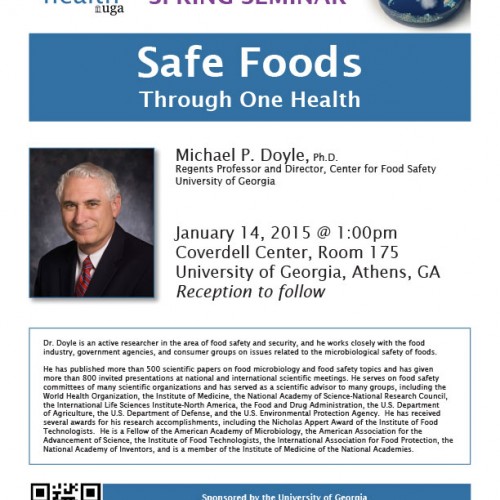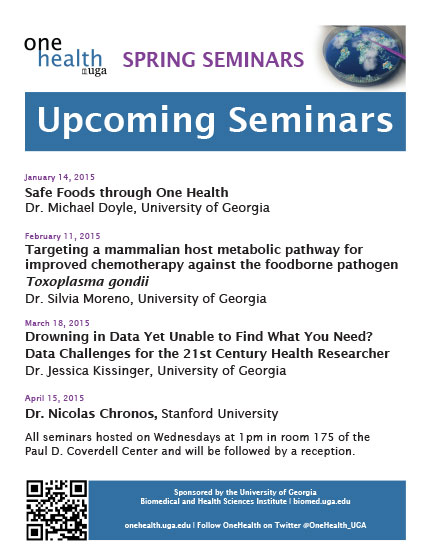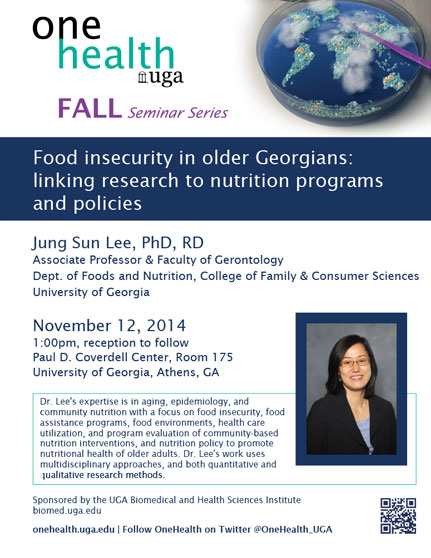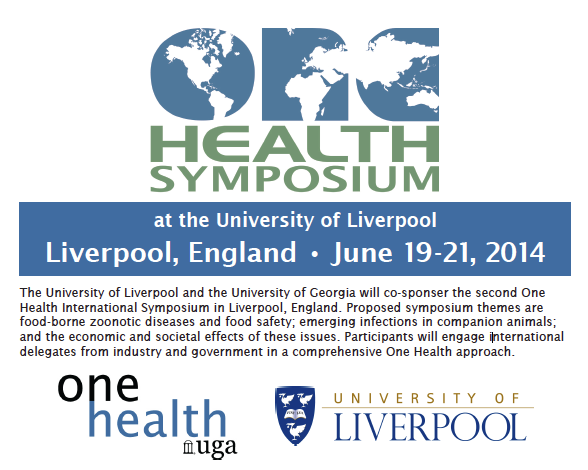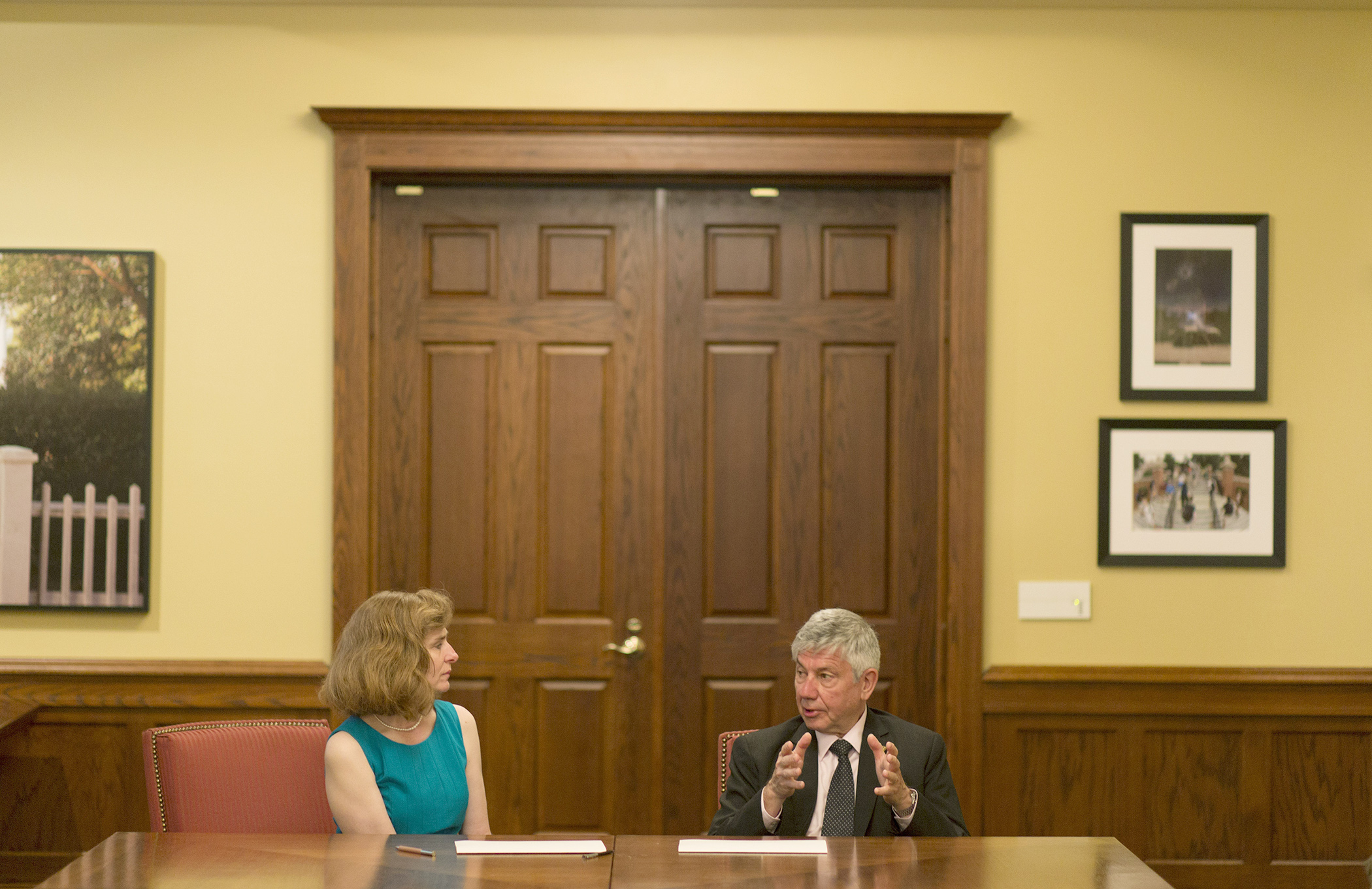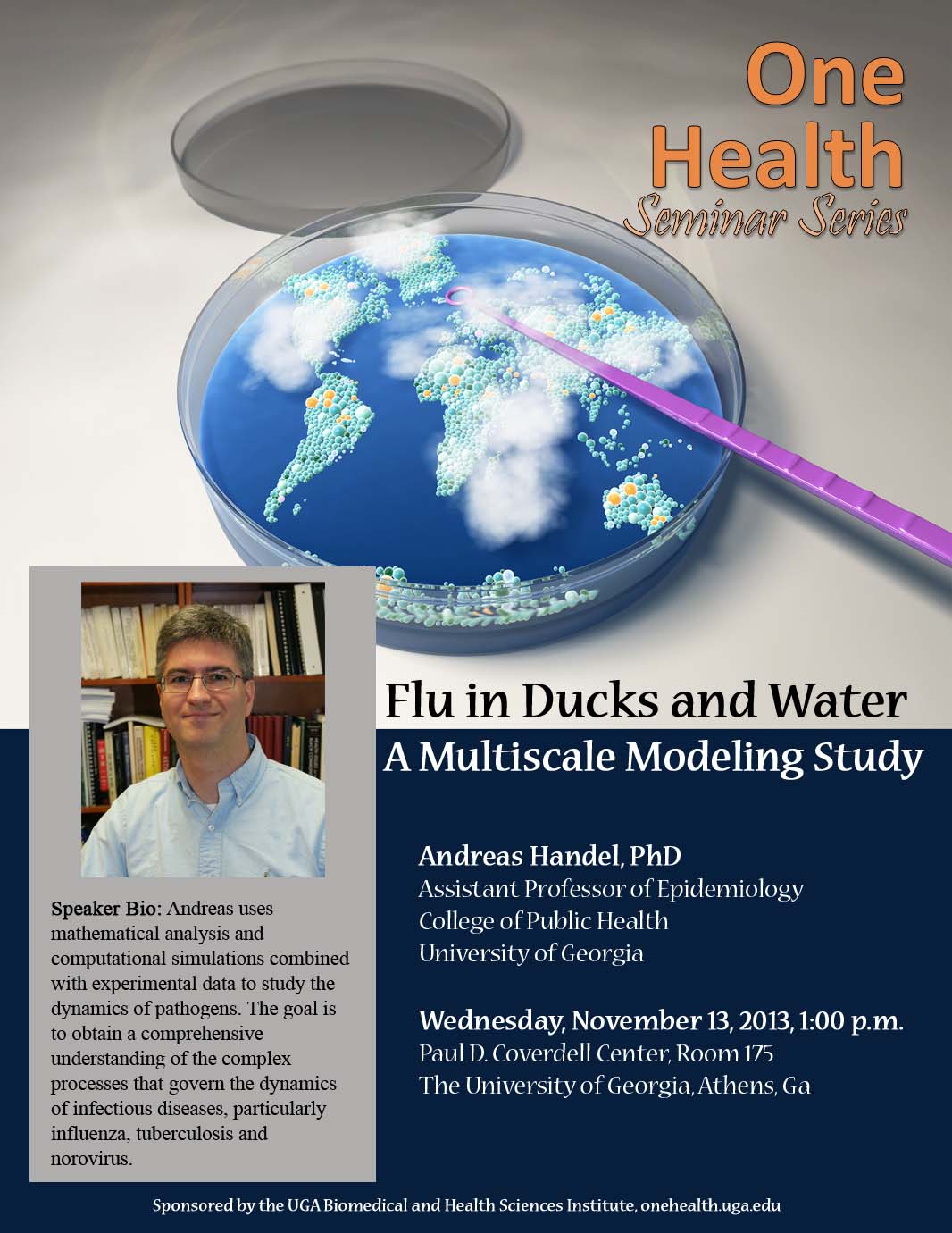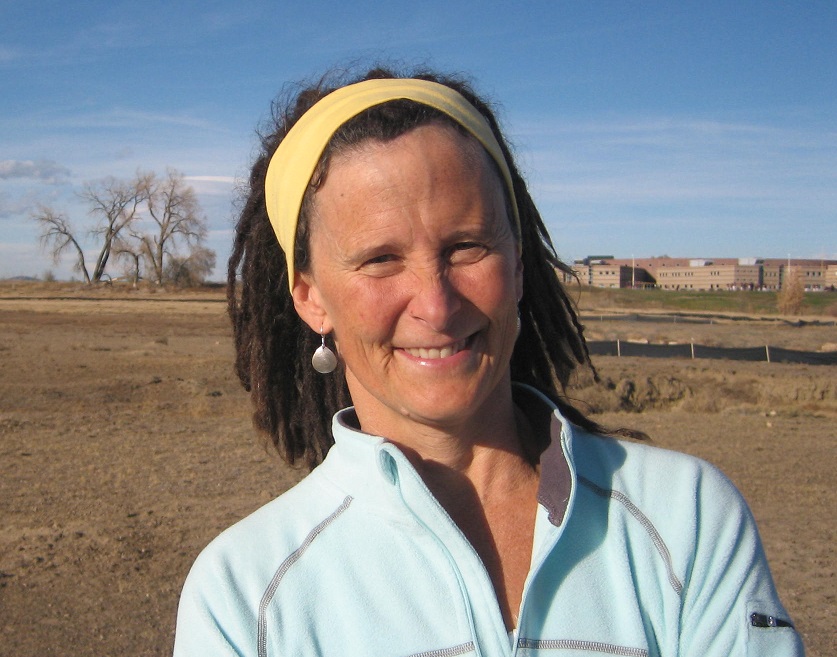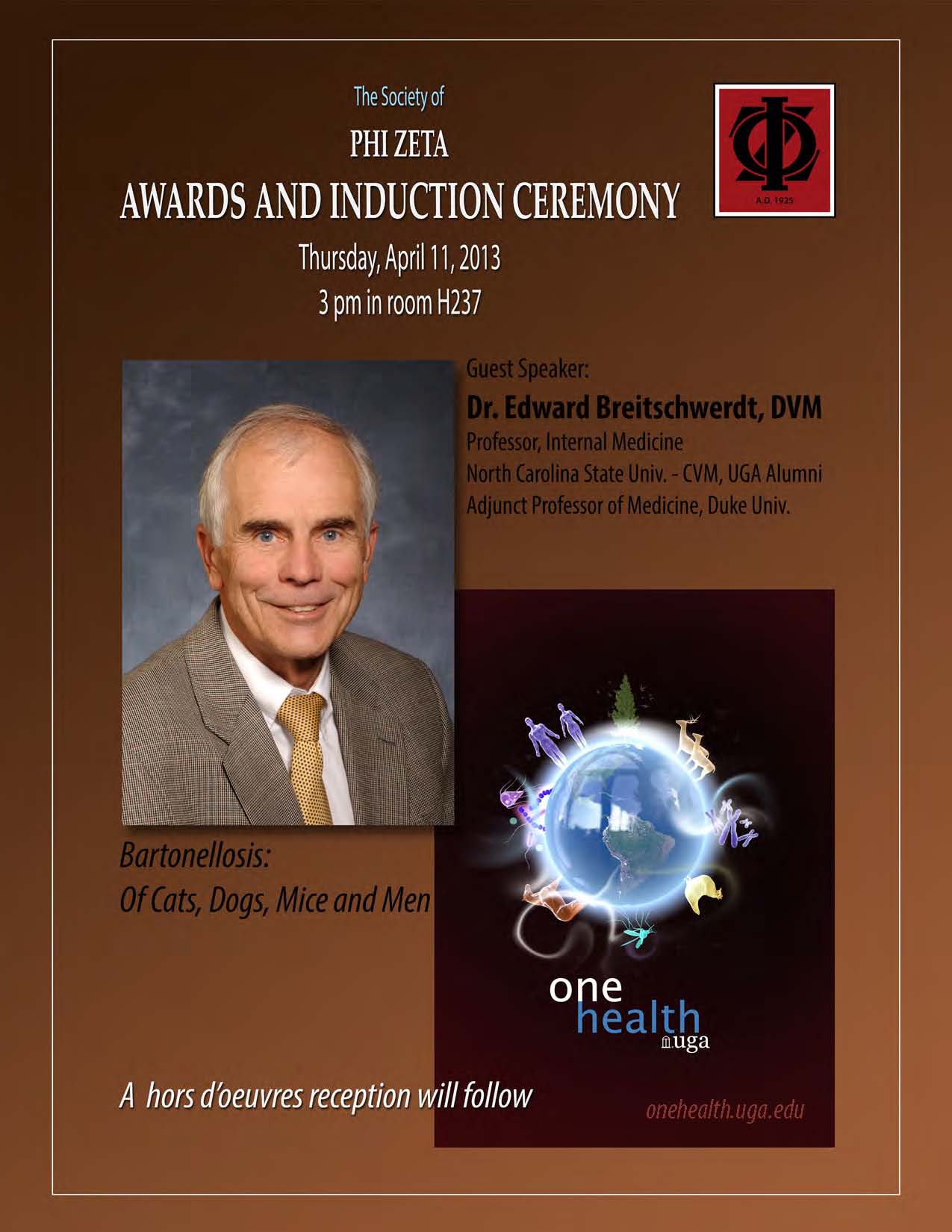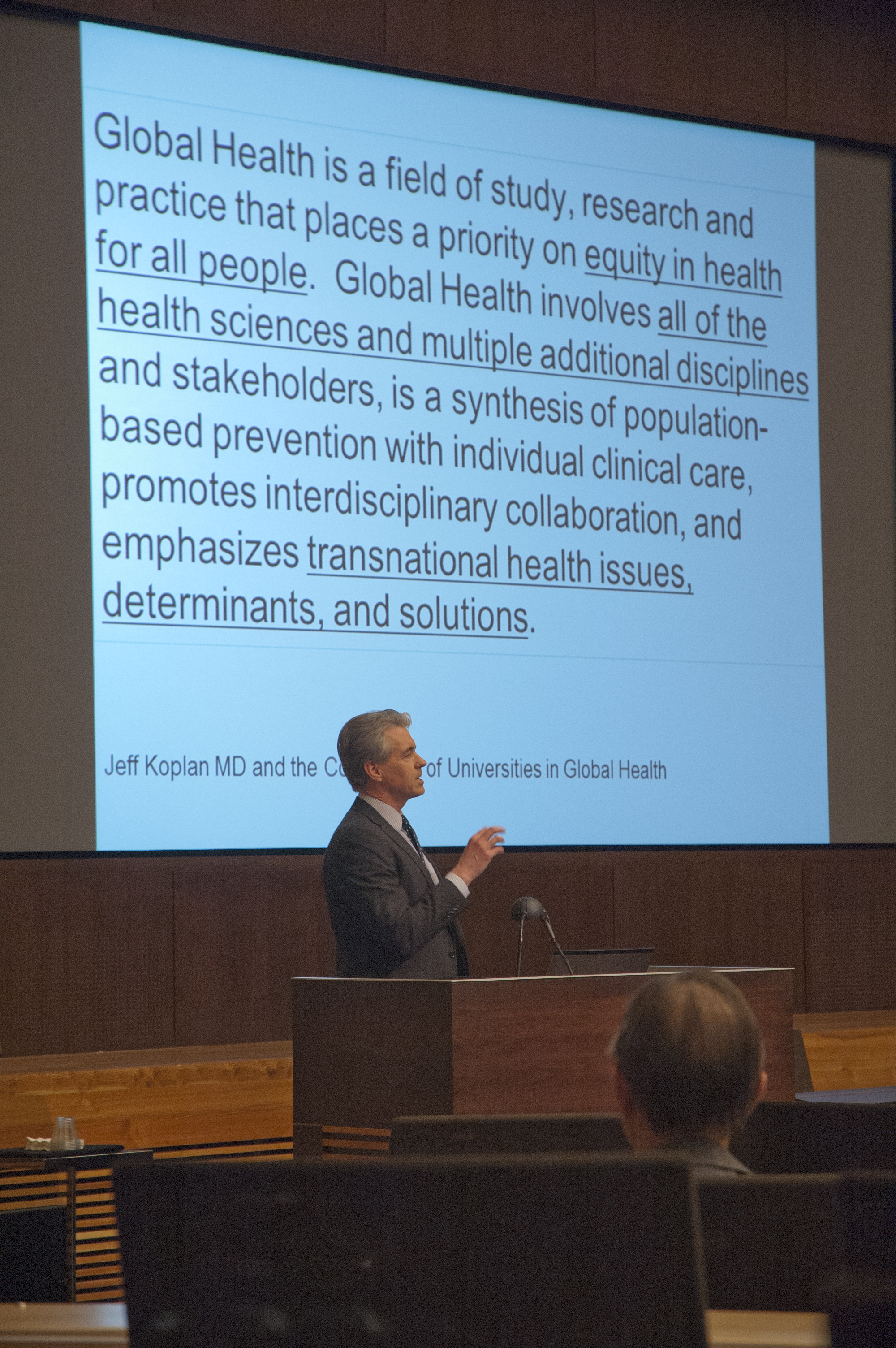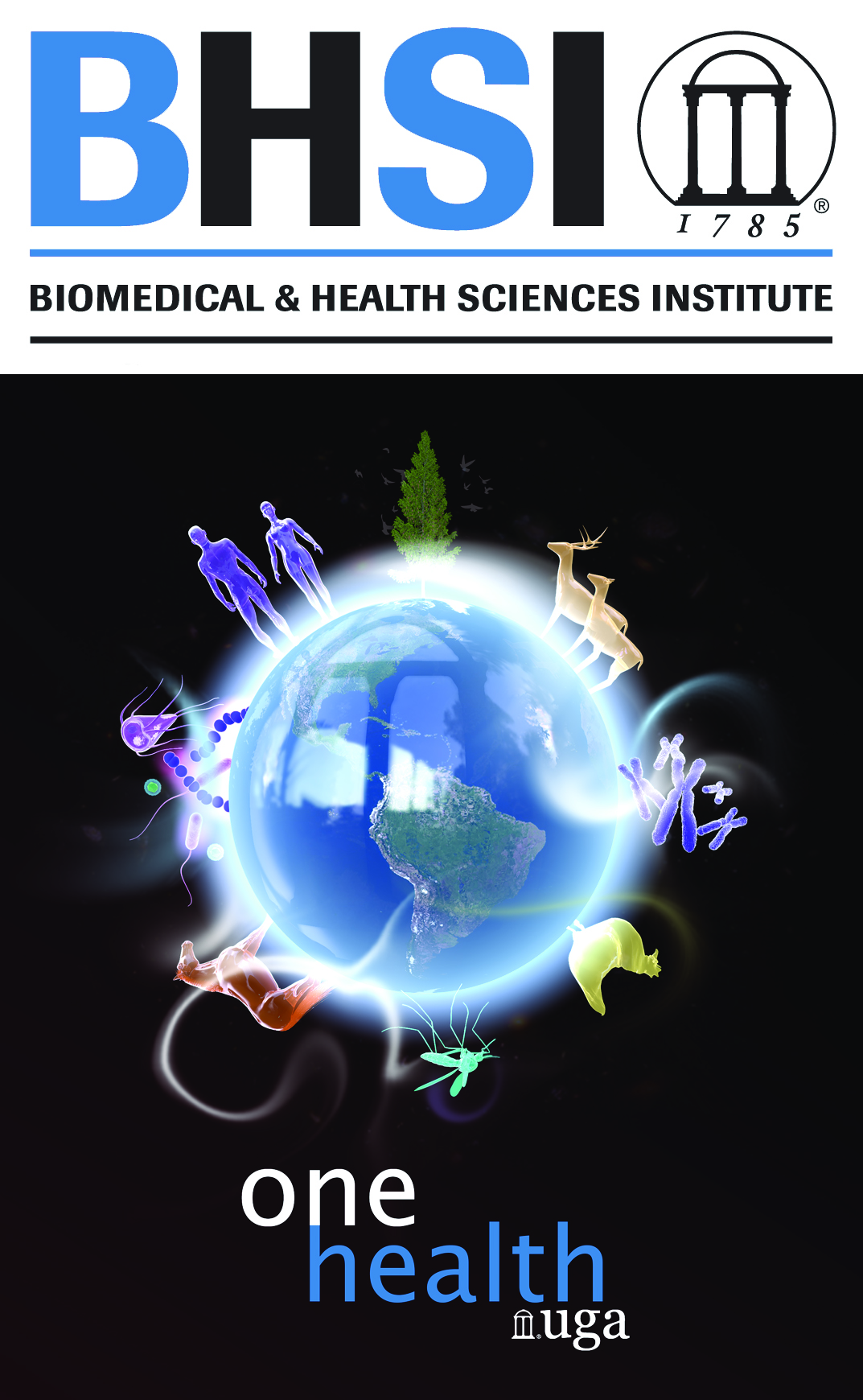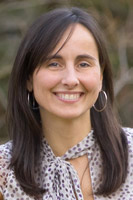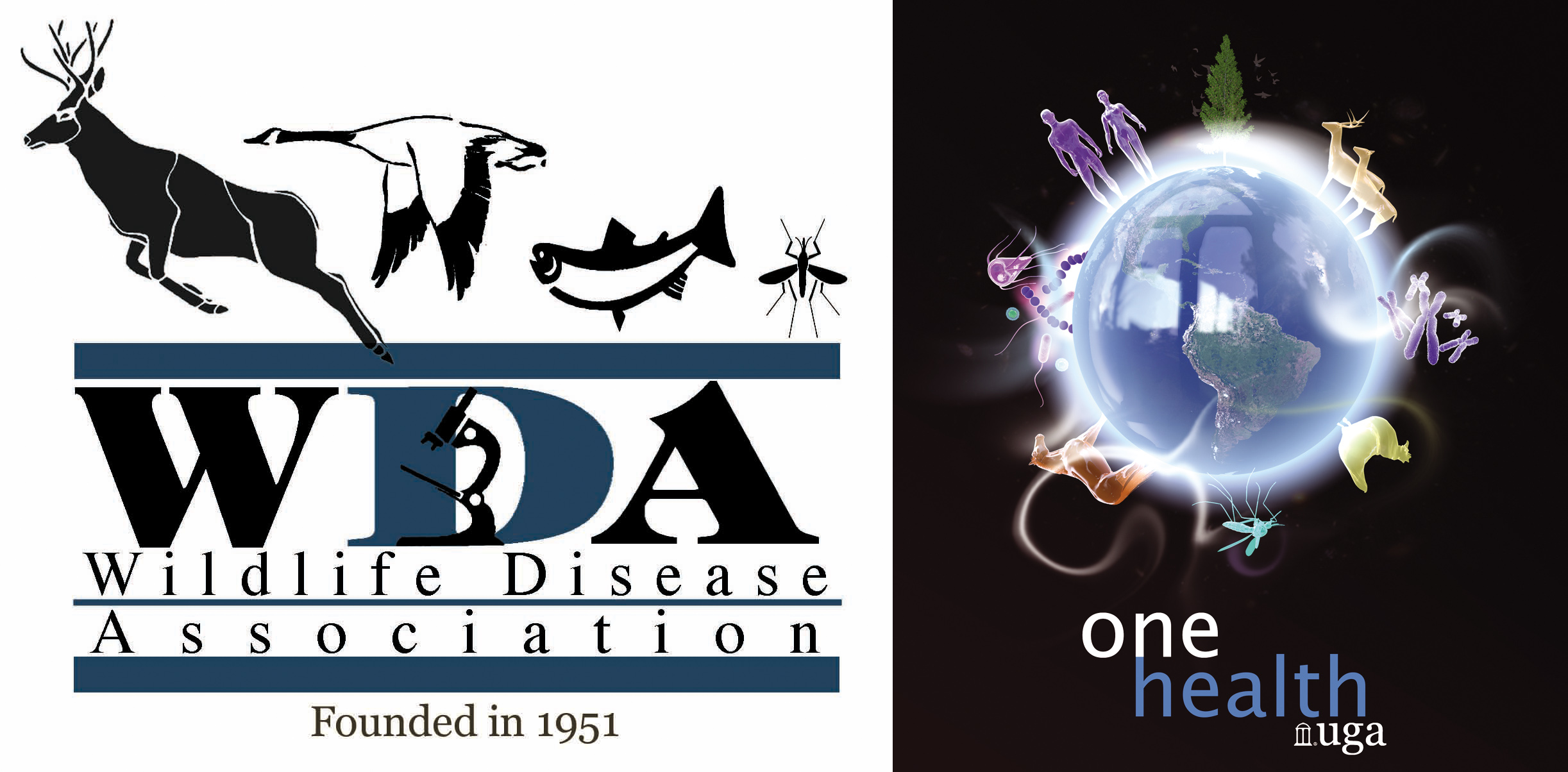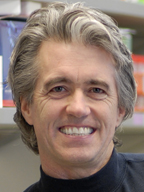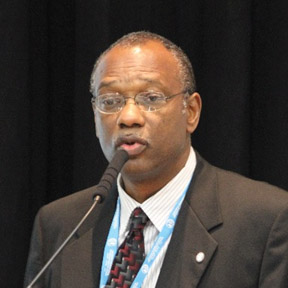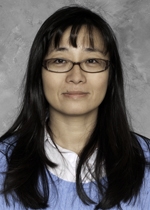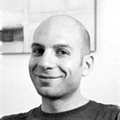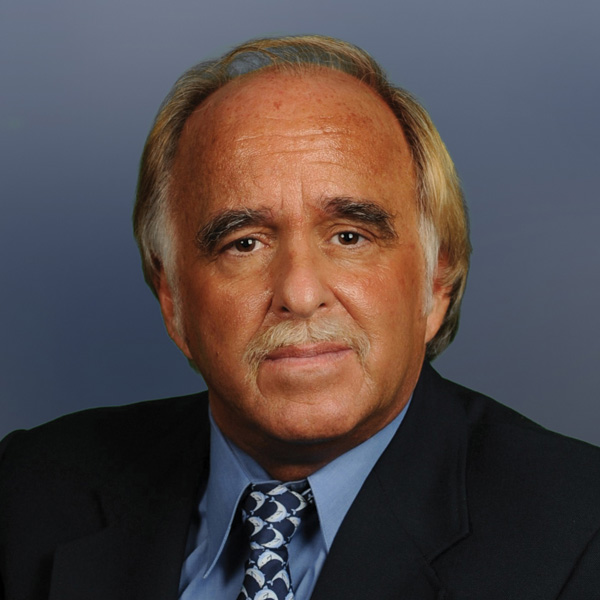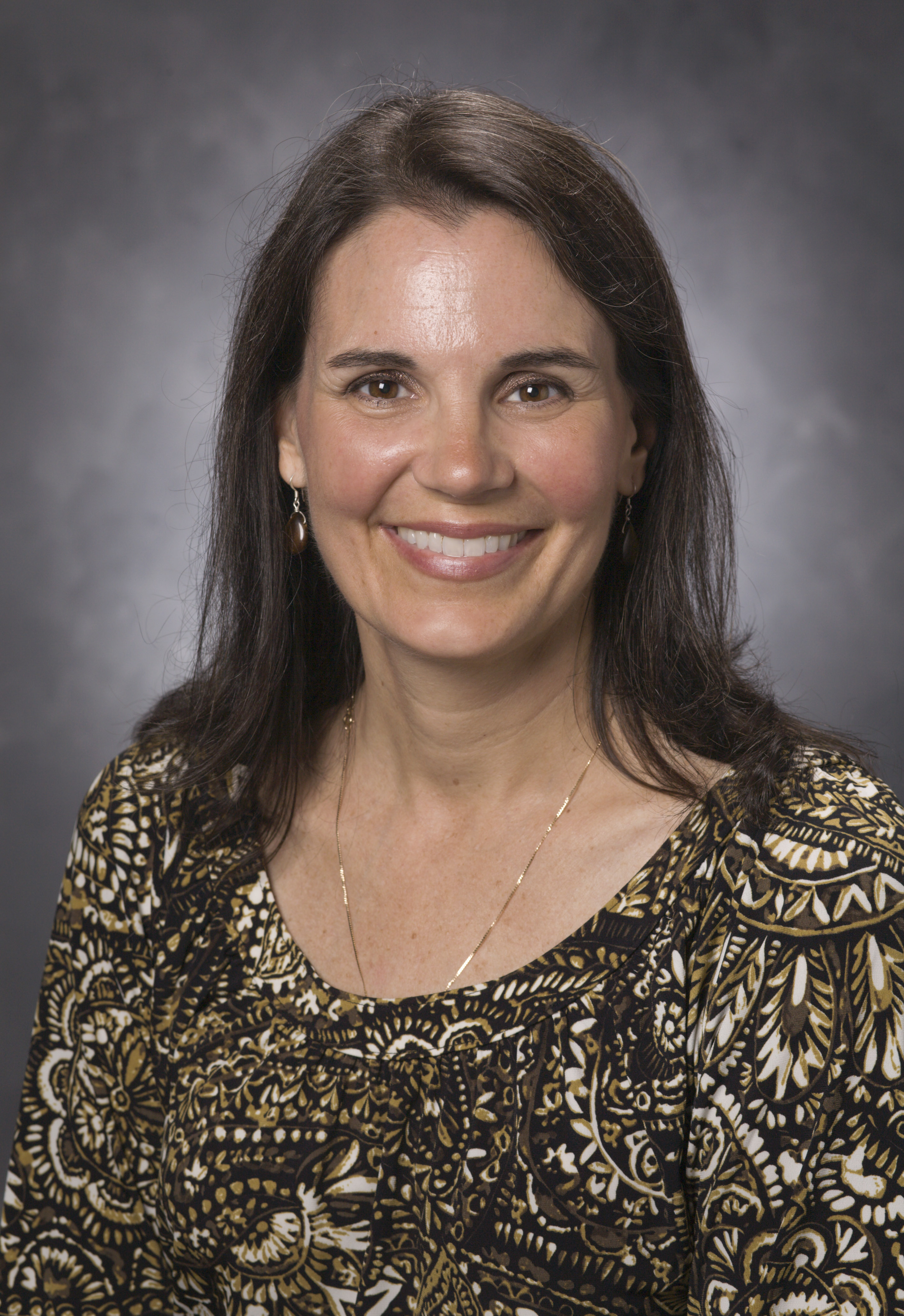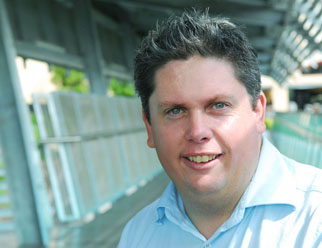CDC Recognizes One Health Day
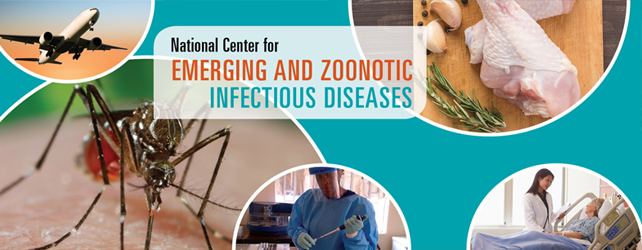
On November 3, the CDC recognized One Health Day.
One Health Day highlights the connection between the health of people, animals, and the environment.
The CDC has acknowledged the increasing importance of a One Health approach by working with physicians veterinarians, ecologists, epidemiologists, laboratorians, and many others to monitor and control public health threats and to learn about how diseases spread between people, animals, and the environment. There are many examples that show the health of people is directly related to the health of animals and the environment. For example, some diseases, known as zoonotic diseases, can be shared between animals and people. Tens of thousands of Americans every year will get sick from diseases spread between animals and people. This year in particular saw the largest number of diseases linked to contact with backyard poultry ever recorded by the CDC; these dangerous situations reveal the fervent need for One Health.
2 Things to Know
Staying connected. Interactions between people, animals, and our environment are constantly changing. A vigilant One Health approach is important because 6 out of every 10 infectious diseases in people are spread from animals.
- Healthy pets make healthy people: Studies show that the bond between people and their pets can increases fitness, lower stress, and bring increased happiness to their owners. People ought to know how to enjoy their pets without getting sick from zootonic diseases.
Taking Action. Even though November 3 has passed, you can always help spread awareness of One Health by using the #OneHealth hashtag in social media. Also, continue to stay informed!
- Check out this blog by Dr. Casey Barton Behravesh, director of CDC’s One Health Office, discussing how One Health relates to daily life.
- Share CDC’s One Health infographic showing the connection between human, animal, and environmental health.
Follow One Health advocacy at UGA: https://twitter.com/OneHealth_UGA
Follow the CDC’s effort to prevent emerging and zoonotic infectious diseases: https://twitter.com/CDC_NCEZID
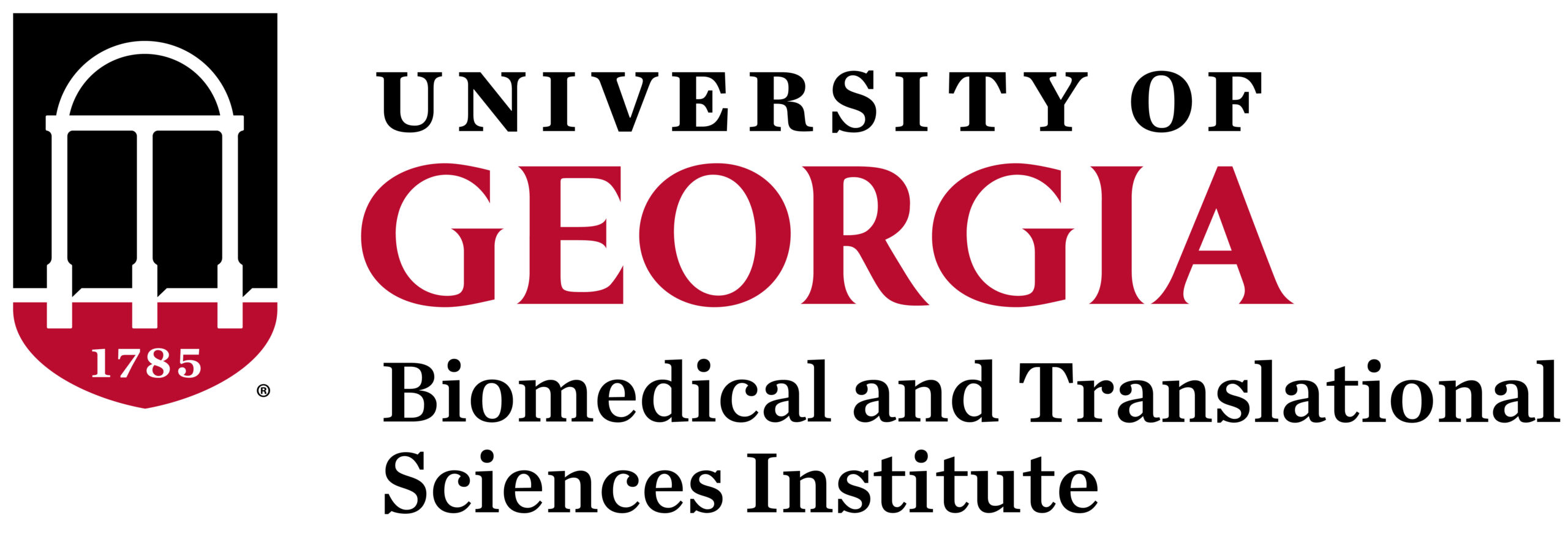
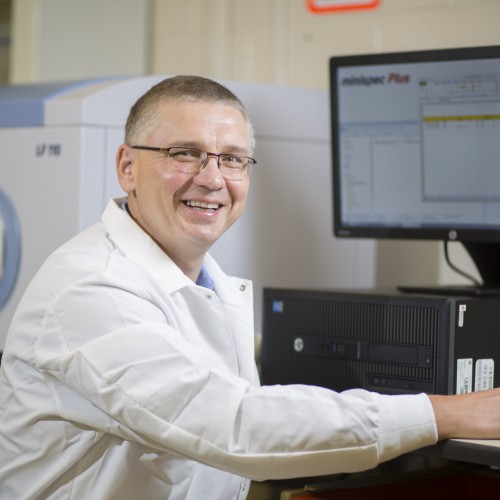
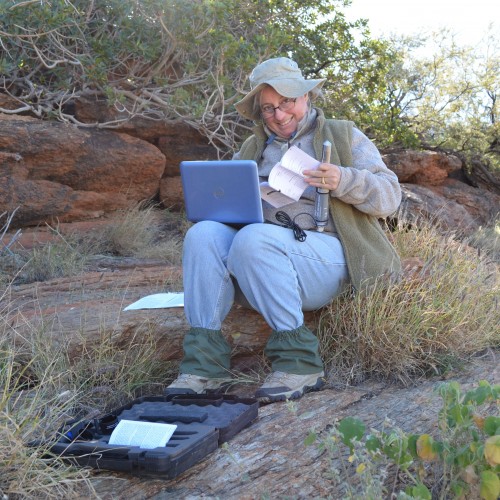
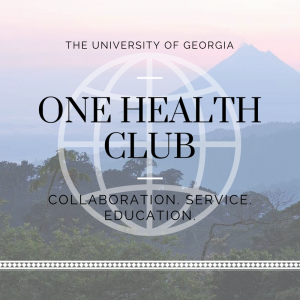
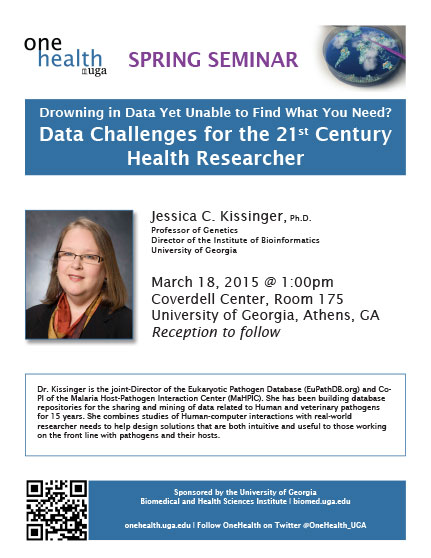
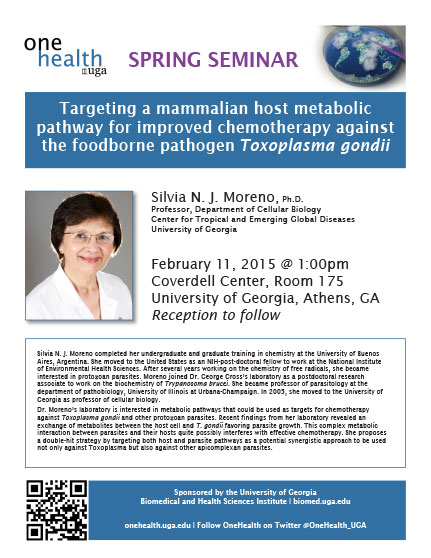 Reception to follow
Reception to follow